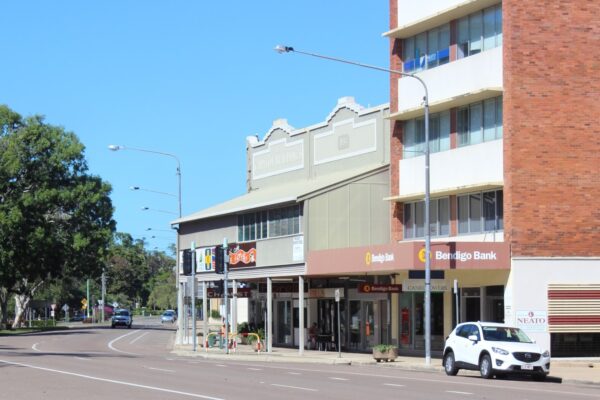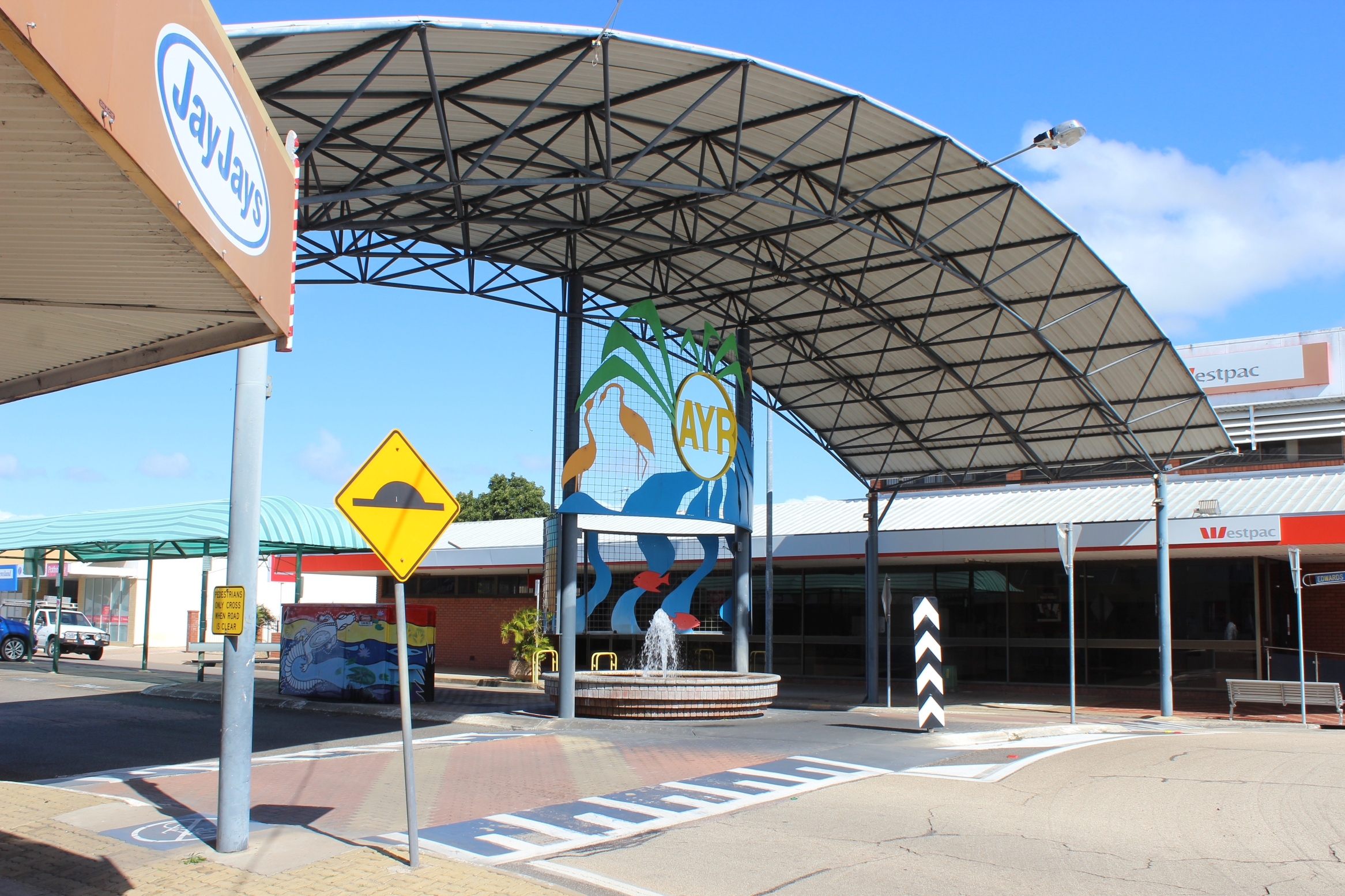A regional banking alliance say they have a plan to keep bank branches open in rural and regional areas.
And the Regional Banking Investment Alliance (RBIA) says it gave that plan to the Federal Treasury.
(The alliance comprises of 21 small banks that still operate physical branches in rural and regional areas.)
The RBIA wants a community service obligation (CSO) levy, which it calls “modest and easily implementable”, to fund branch jobs and pay for face-to-face services.
They argue that the major banks could contribute about $153 million year to it, or 0.17% of the total income of all major banks.
The plan would also allow smaller banks (with less than 1% of assets) able to opt out.
“A remedy is urgently needed to stem the closure of bank branches across Australia,”
Alliance spokesman and CEO of Regional Australia Bank, David Heine says.
“Our CSO proposal involves a direct contribution to any bank which maintains or expands regional bank branches … to ensure ongoing support (for) the financial viability of existing branches and incentivise banks to invest in new ones.”
The RBIA estimates that 90 major bank branches have closed since February 2022.
They say their plan would see bank branches funded to handle duties as cash handling, home loans, transaction accounts and term deposit management with trained full-time staff.
The alliance says some of its members say they would open new branches if the model was adopted.
“For the purposes of defining a branch for eligibility for a CSO contribution, it is essential that banks only include those branches providing trained face-to-face core retail services, including cash management services,” Heine says.
“As trained face-to-face services are the main reason why branch services are valued and demanded by regional communities, it is essential to directly link subsidies to the number of employees in a branch.”
The four major banks have all cited a growing push for online banking services, and away from cash, as a major reason for closing branches and moving services to bigger urban centres.

AUSTRALIAN BANKING ASSSOCIATION
In July, the Australian Banking Association (ABA) claimed 99.3% of customers now use digital channels to contact their bank with a 51% fall in branch visits since 2019 due to digital migration.
ABA CEO Anna Bligh said banking services are changing as access changes.
“More and more Australians are jumping online to do their banking. Digital options are reshaping how people interact with their bank and manage their finances,” she says.
“Despite this rapid shift into digital banking, banks continue to support those who still prefer face-to-face services with over 3300 branches and over 3400 Bank@Post outlets.
“Banks are also supporting access to cash for those Australians who still wish to use it,” Bligh says.
Traditional Credit Union (TCU) chief executive officer Simon Lyons describes their efforts as a “David vs Goliath battle”.
“The big four alone made more than $31 billion in profit last year yet they’re walking away from the communities that actually helped to build their success,” he says.
“A fair CSO on banks that close branches or don’t have any branches would allow us to keep cash flowing, create real jobs, and expand services to towns that the majors have abandoned.”
Queensland Country Bank CEO Aaron Newman says regional branches often incur extra costs due to “pass through banking” where customers use regional branches for costly services like cash handling then transfer their funds to big banks.
“We help these communities with fraud and scam advice, cash withdrawals and deposits, cash floats, and provide local jobs,” Newman says.
“We are passionate about servicing our communities and keeping the profits local but it’s really tough when we are competing against giants who are not doing the same.
“Around 30% of transactions in our banks lead to pass through banking, seriously disadvantaging our ability to compete and expand.”
WHO’S IN THE BANKING ALLIANCE?
Regional Australia Bank, The Capricornian, Traditional Credit Union, Broken Hill Bank, Northern Inland Credit Union, Cairns Bank, The Mutual Bank, Central Murray Bank, Bank Orange, Summerland Bank, Horizon Bank, Geelong Bank, Family First, Darling Downs Bank, Bank WAW, SWSbank, Hume Bank, Goulburn Murray Credit Union, Central West Credit Union, Queensland Country Bank and Coastline Bank.
More information at https://rbialliance.com.au/
OTHER BANK NEWS: RBA names partners to work on digital Aussie dollar






